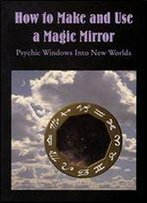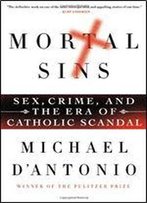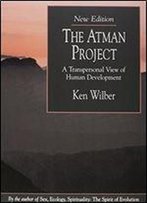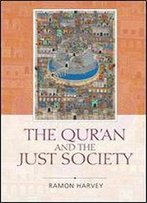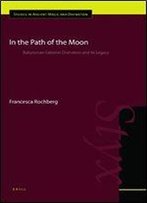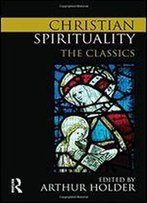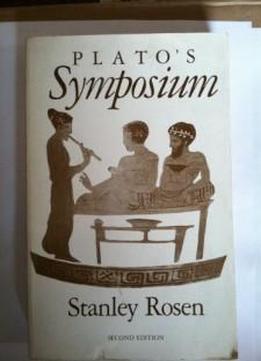
Plato's Symposium: Second Edition
by Stanley Rosen /
1987 / English / DjVu
6.6 MB Download
This is the first full-length study of the Symposium to be
published in English, and one of the first English works on Plato
to take its bearings by the dramatic form of the Platonic dialogue,
a thesis that was regarded as heterodox at the time but which today
is widely accepted by scholars of the most diverse standpoint.
Rosen was also one of the first to study in detail the
philosophical significance of the phenomenon of concrete human
sexuality, as it is presented by Plato in the diverse characters of
the main speakers in the dialogue. His analysis of the theoretical
significance of pederasty in the dialogue was highly controversial
at the time, but is today accepted as central to Plato's dramatic
phenomenology of human existence.
This is the first full-length study of the Symposium to be
published in English, and one of the first English works on Plato
to take its bearings by the dramatic form of the Platonic dialogue,
a thesis that was regarded as heterodox at the time but which today
is widely accepted by scholars of the most diverse standpoint.
Rosen was also one of the first to study in detail the
philosophical significance of the phenomenon of concrete human
sexuality, as it is presented by Plato in the diverse characters of
the main speakers in the dialogue. His analysis of the theoretical
significance of pederasty in the dialogue was highly controversial
at the time, but is today accepted as central to Plato's dramatic
phenomenology of human existence.
Rosen discusses a variety of topics that had previously been
neglected in the secondary literature, including the problem of
the hybristic nature of the philosopher, the poetical dimension
of Plato's conception of philosophy, and the theoretical
implication of the difference between Platonic writing and
Socratic conversation.
Rosen discusses a variety of topics that had previously been
neglected in the secondary literature, including the problem of
the hybristic nature of the philosopher, the poetical dimension
of Plato's conception of philosophy, and the theoretical
implication of the difference between Platonic writing and
Socratic conversation.
